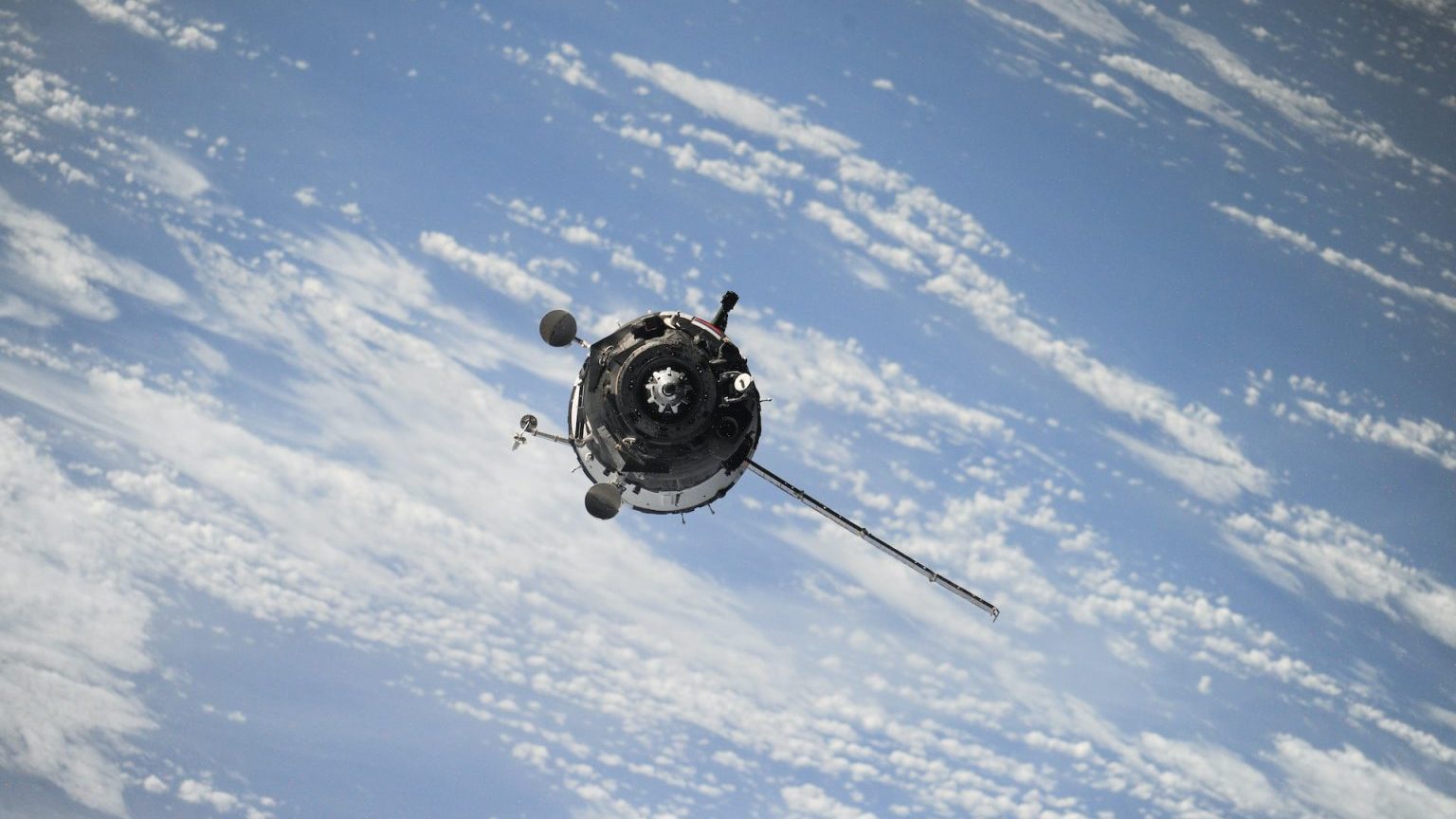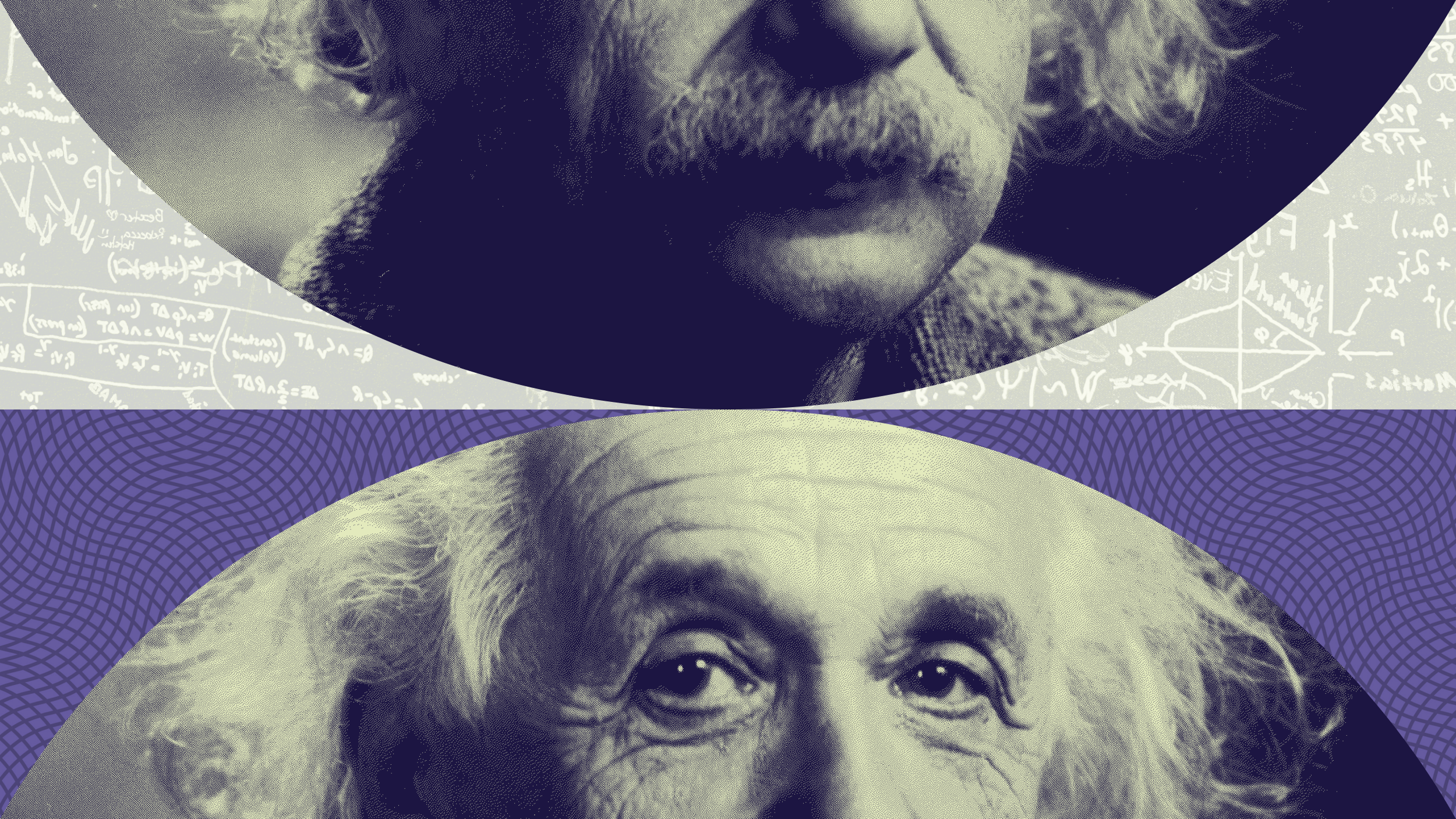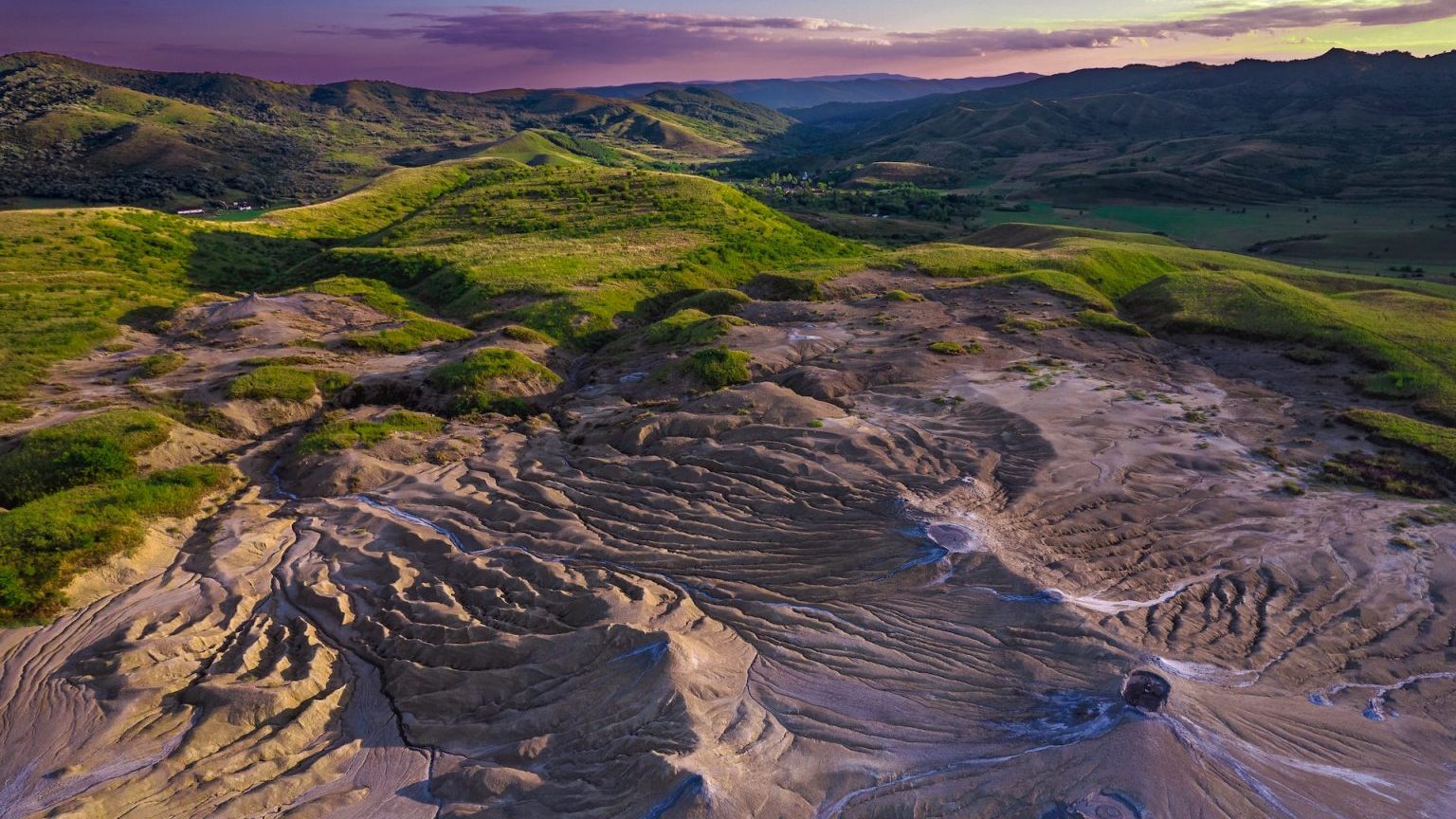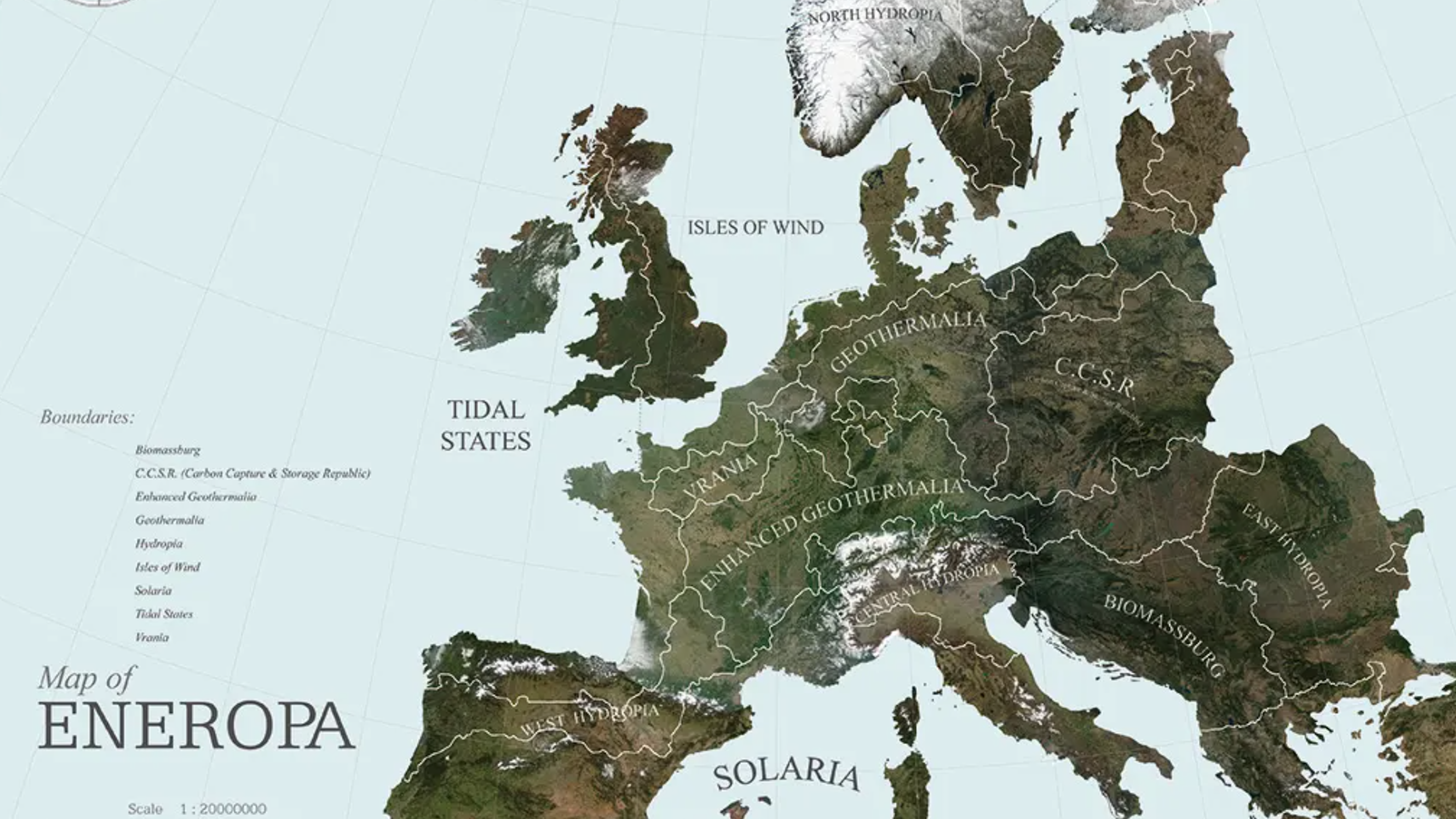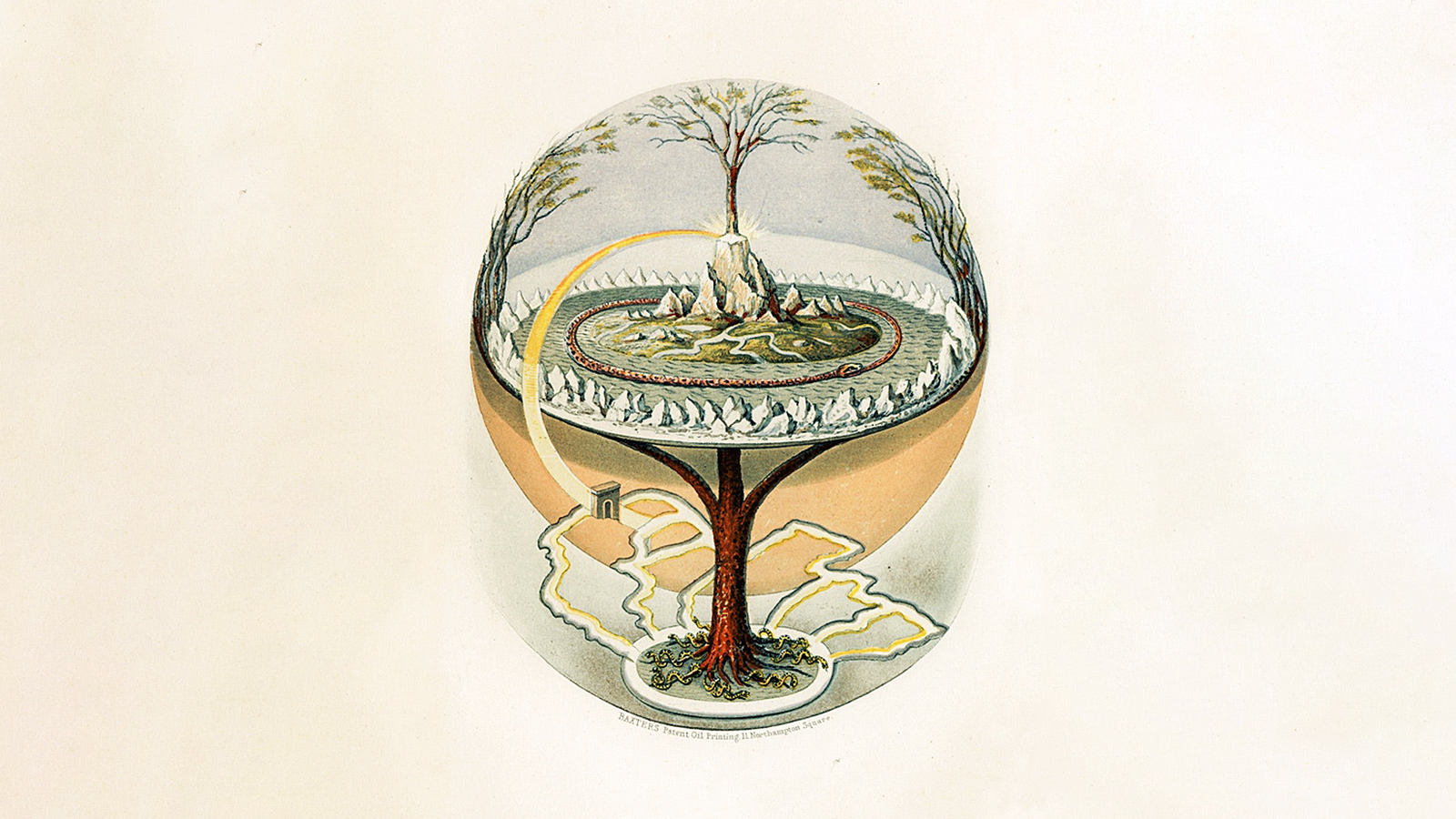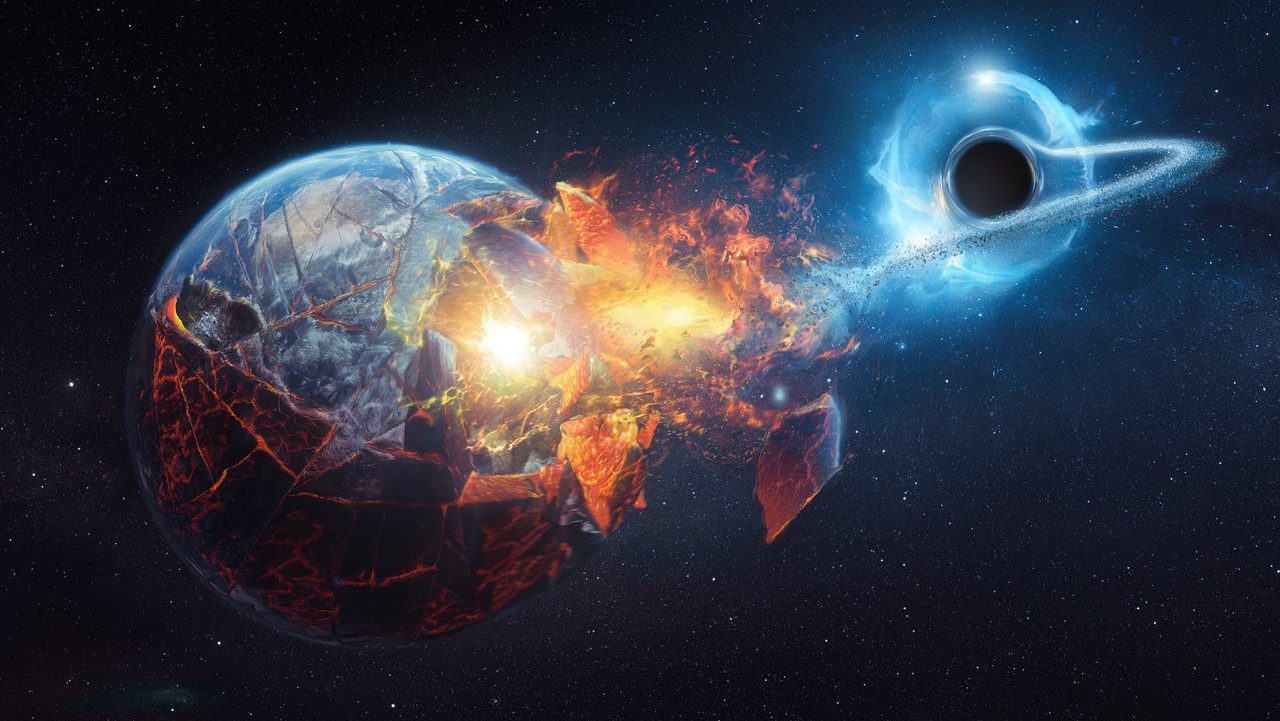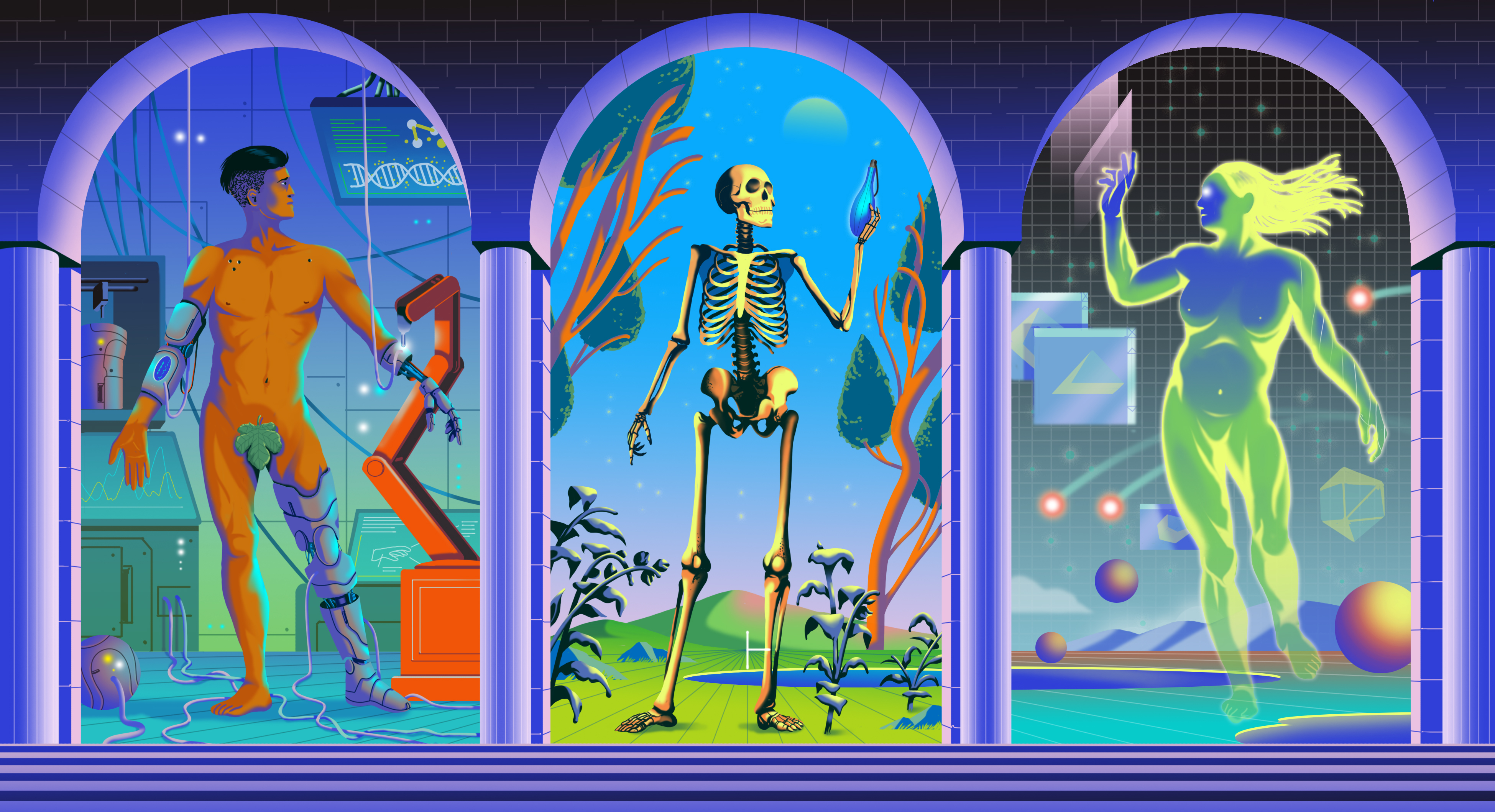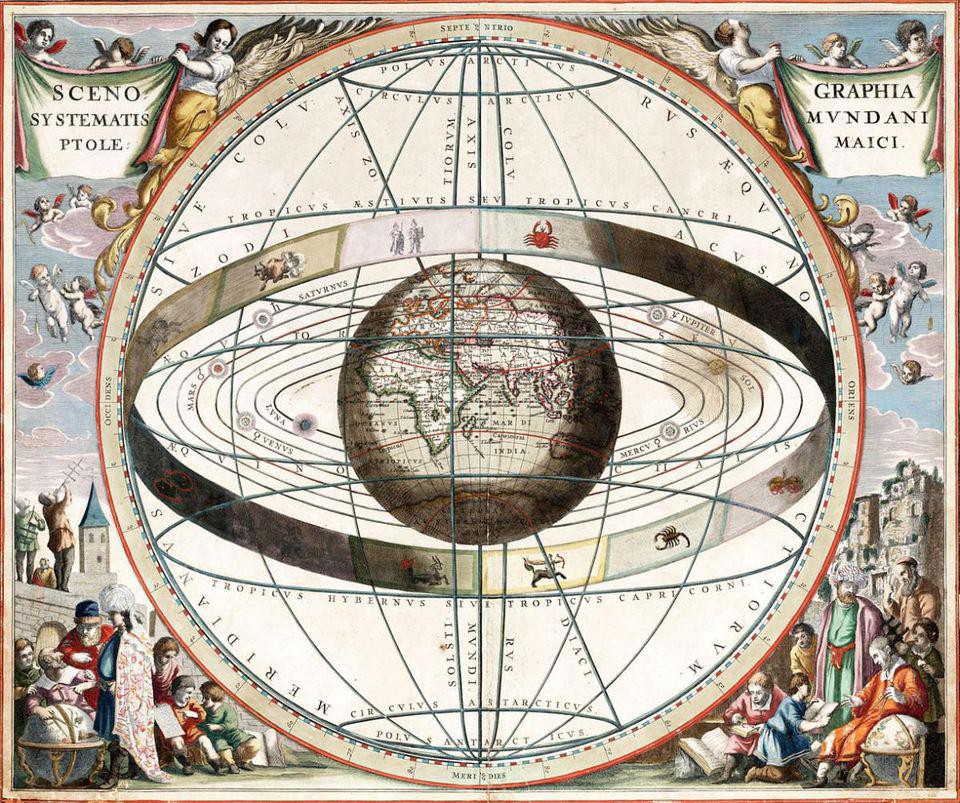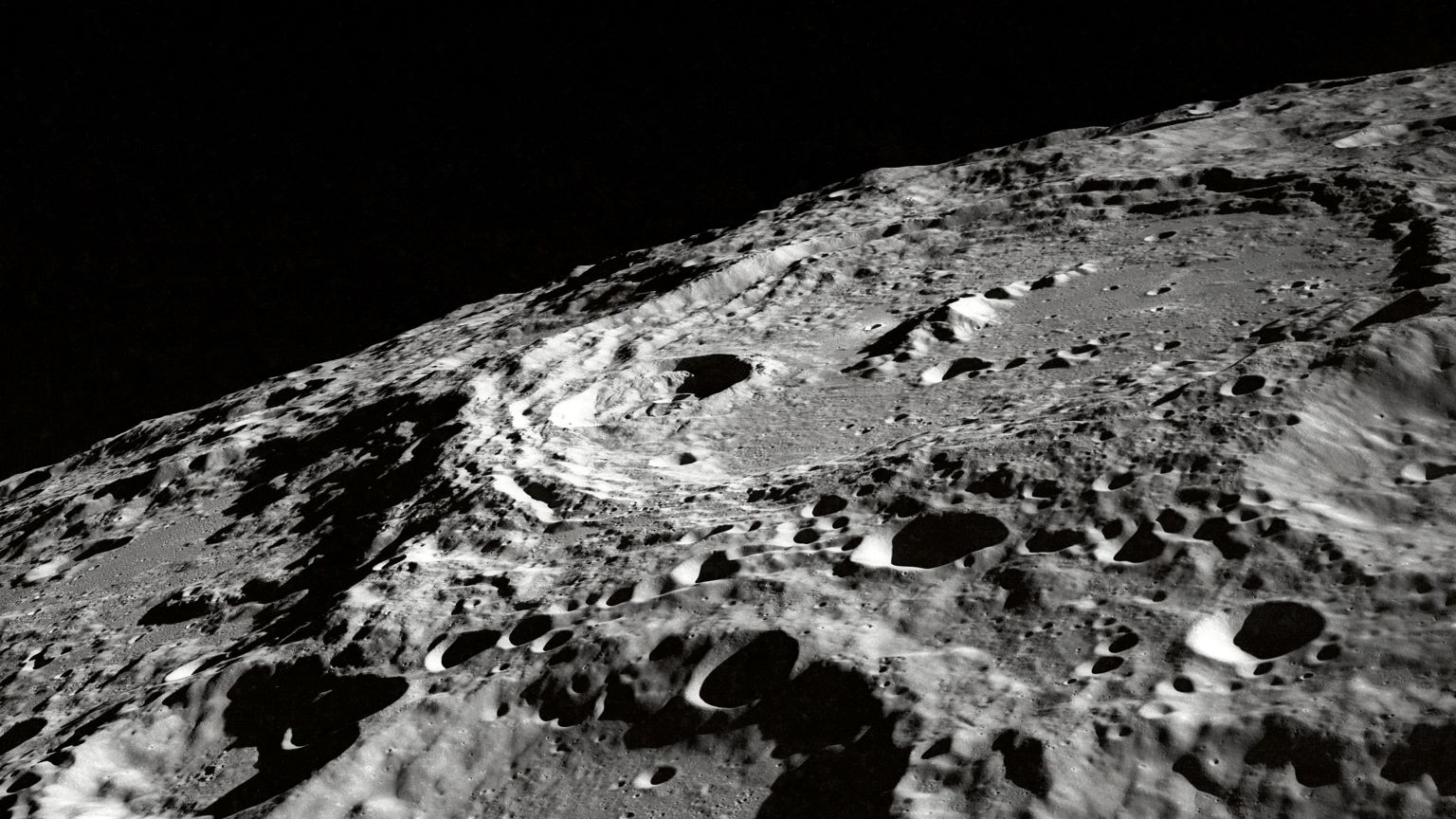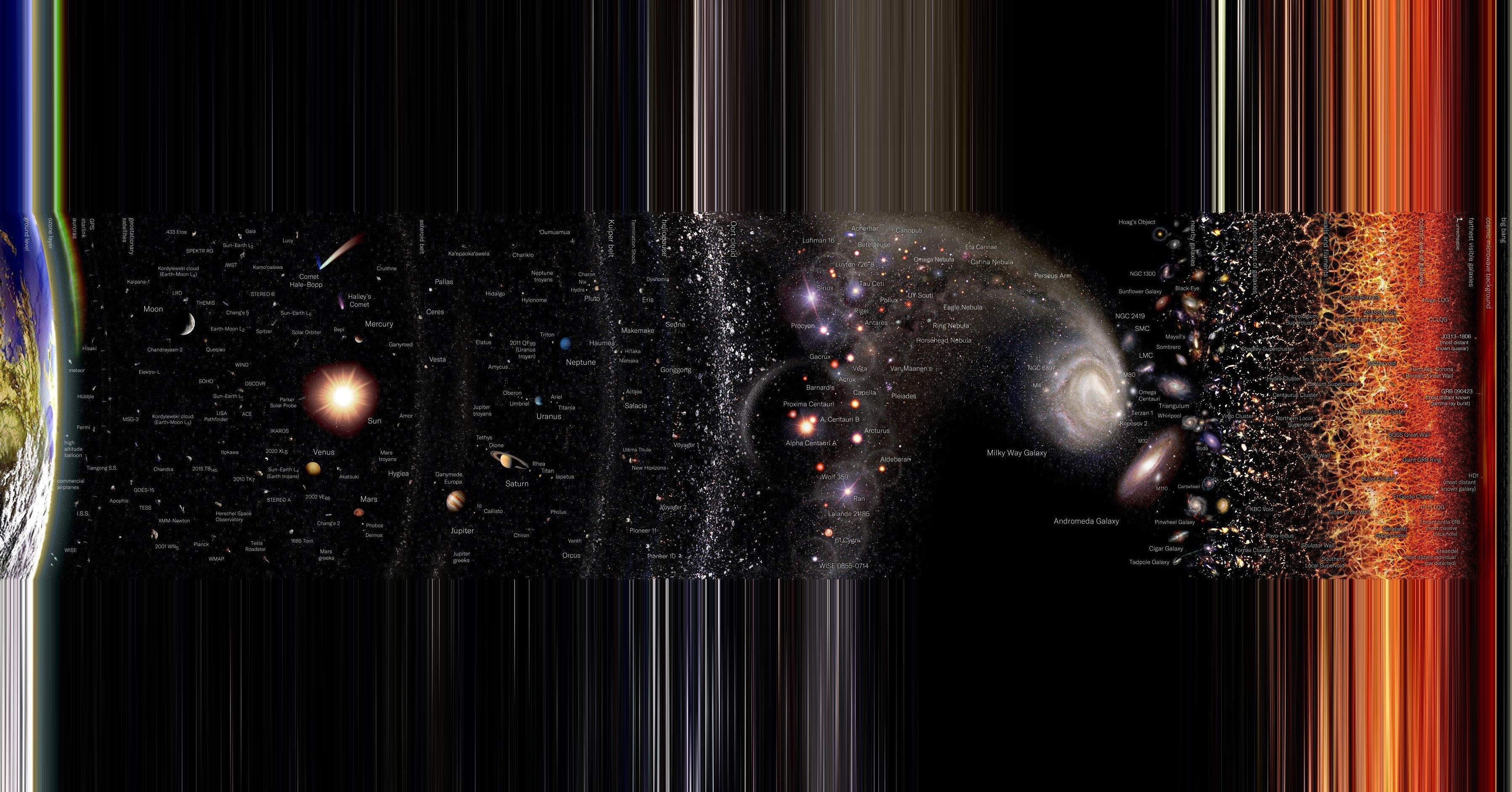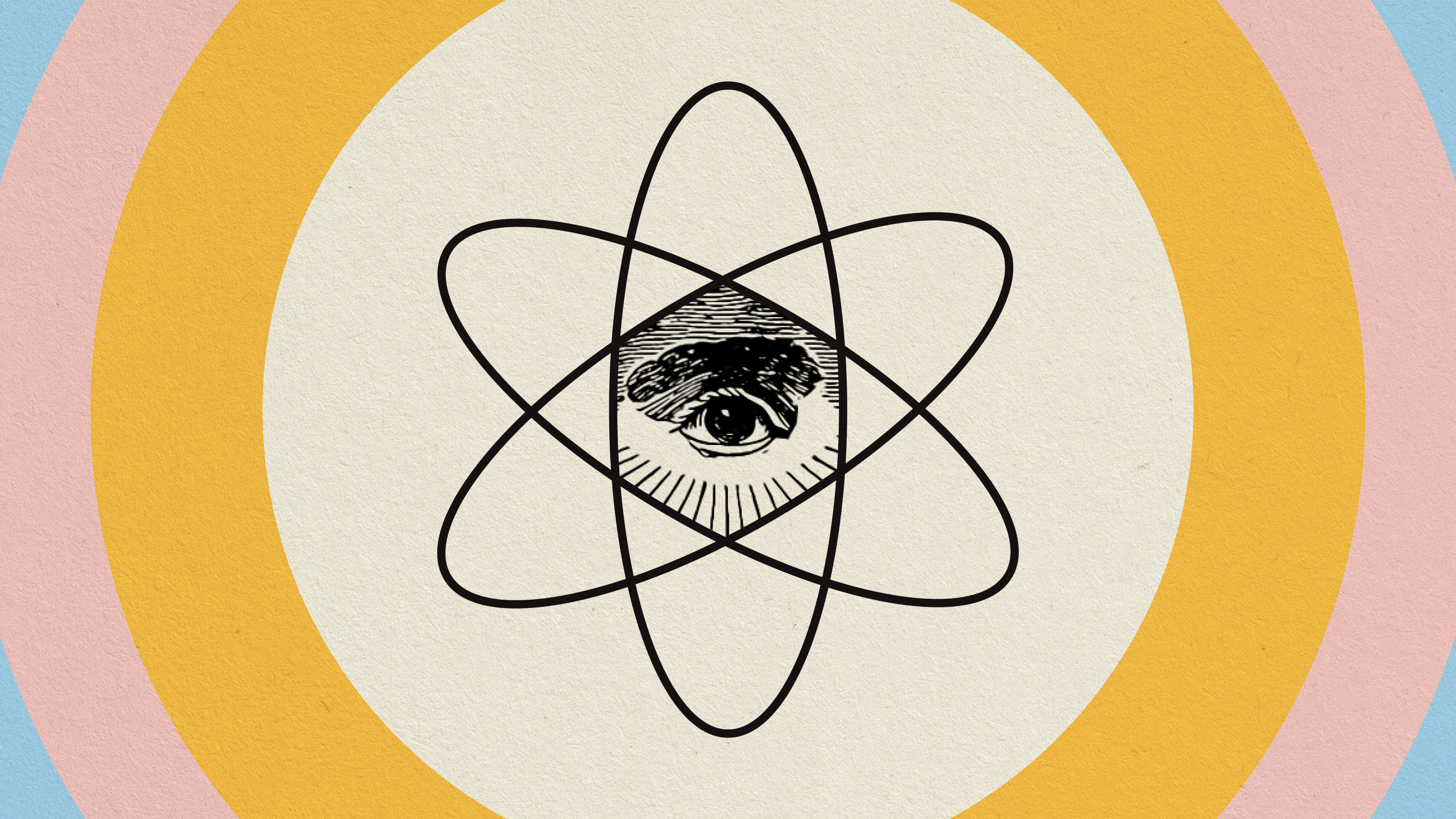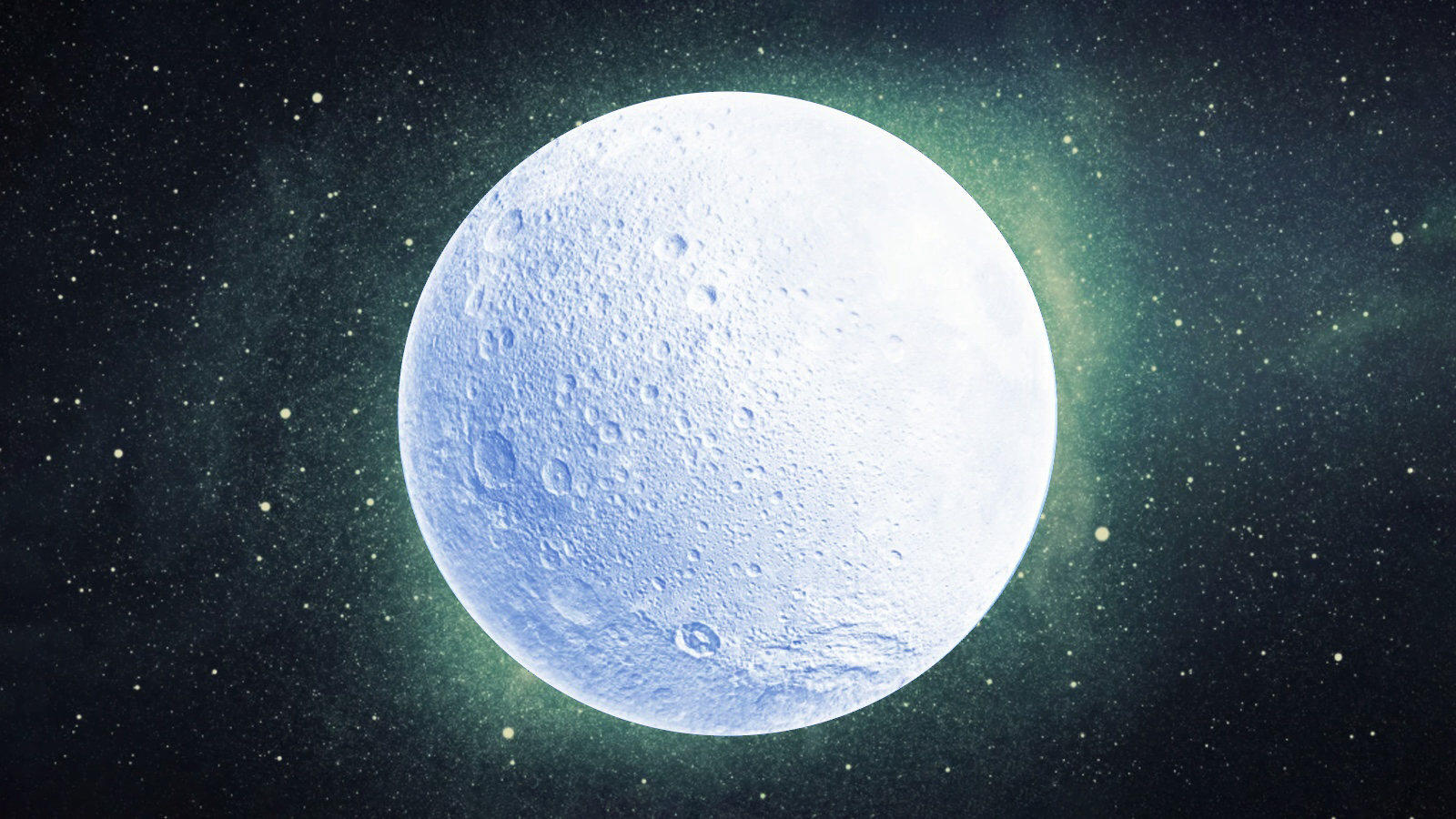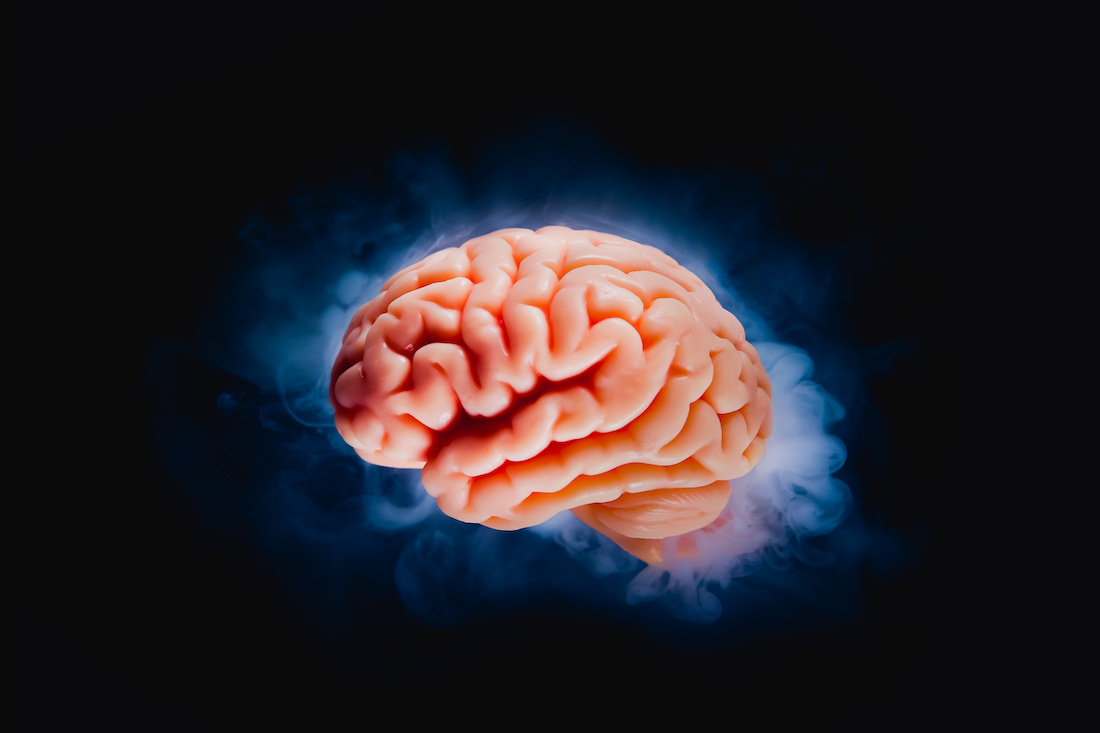A new family of drugs is changing the way scientists are thinking about obesity.
Search Results
You searched for: Systems
There will always be “wolf-criers” whose claims wither under scrutiny. But aliens are certainly out there, if science dares to find them.
The “attention economy” corrupts science.
As far as we know, it’s only happened once to one unlucky person in Oklahoma.
High-frequency oscillations that ripple through our brains may generate memory and conscious experience.
Enlightenment is a traditionally mystical and slippery concept, but when it is subjected to the rigors of empirical analysis, there is a lot to be learned about our brains and ourselves.
▸
10 min
—
with
A study out of Sweden shows that the highest earning men are slightly less intelligent than those just below them on the economic ladder.
Take it from Bezos, Musk, and Einstein — rethinking lines of inquiry can transform business, investing, and innovation strategy.
Why would the Earth suddenly start vomiting forth huge quantities of mud?
A radical proposal reimagines Europe as a carbon-neutral continent where national boundaries are replaced by regions defined by renewable energy capabilities.
According to Peter Ward’s “Medea hypothesis,” photosynthesizing organisms regularly doom most life on Earth by over-consuming carbon dioxide.
Experiments tell us quantum entanglement defies space and time.
The odds are slim, but the consequences would be devastating. Here’s what would happen, plus how to avoid it.
They are expected to be cheaper to build and even more reliable than today’s nuclear plants.
If dogs are out in coats and boots, how are the squirrels feeling?
Proponents of transhumanism make big promises, such as a future in which we upload our minds into a supercomputer. But there is a fatal flaw in this argument: reductionism.
According to author and entrepreneur Steven Kotler, at some point this century, we will confront the prospect of immortality.
▸
with
No planet enters retrograde more frequently than Mercury, which does so 3-4 times each year. Here’s the scientific explanation for why.
Are physicists about to decode a mysterious field of science that could have huge implications for your health?
▸
with
Kids’ underdeveloped brains seem to help them acquire new languages with little effort.
In the future, driving an app across a bridge could let engineers know how safe it is.
A study shows that the brains of lonely individuals respond in odd ways to visual stimuli, while those of non-lonely people react similarly.
You’ll be able to sleep through a war.
“The surface is no longer a record of every impact the moon has ever had, because at some point, impacts were erasing previous impacts.”
For decades, cinemas have earned more from concessions than ticket sales. But can their current business model survive in the streaming age?
As we look to larger cosmic scales, we get a broader view of the expansive cosmic forest, eventually revealing the grandest views of all.
It’s a useful fiction — but it’s still fiction.
Unfortunately, the Lunar Ark project is an idea more at home in science fiction than science fact.
Neuroscience research suggests it might be time to rethink our ideas about when exactly a child becomes an adult.



